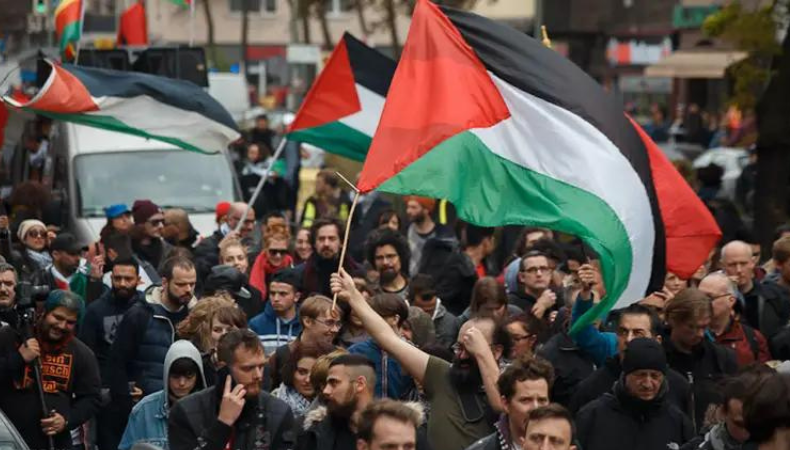
Israel promptly responded to the decision to formally recognize Palestine by recalling its ambassadors from Oslo, Dublin, and Madrid and denouncing it as a "distorted step." This move draws attention to Israel's growing international isolation, which is partially a result of its most recent military campaign in the Gaza Strip.
The three European nations' recognition of each other puts further pressure on Israel to start talks toward a two-state solution and end the protracted Israeli-Palestinian conflict.
A warning regarding the worsening humanitarian crisis in Gaza has been released by the United Nations Relief and Works Agency (UNRWA). Due to a scarcity of supplies and worries about safety in light of the escalating Israeli military strikes, food delivery in Rafah has been suspended. This region serves as a haven for more than a million Gaza residents.
The necessity of keeping the possibility of a two-state solution alive for peace and security for both Israelis and Palestinians was stressed by Norwegian Prime Minister Jonas Gahr Støre. Simon Harris, the prime minister of Ireland, expressed the hope that Palestinians going through a difficult period would find inspiration and hope in this acknowledgment. According to Spanish Prime Minister Pedro Sánchez, the recognition is not directed against anyone, but rather toward peace, justice, and moral integrity.
Israel Katz, the foreign minister of Israel, on the other hand, denounced the action, saying that Norway and Ireland are implying that terrorism is acceptable.
There are now about 140 members of the UN General Assembly who acknowledge Palestine as a state. The world community is reminded of the intricacy of the Israeli-Palestinian dilemma and the pressing need for communication and a peaceful resolution in light of the recognition granted recently by Spain, Ireland, and Norway.
